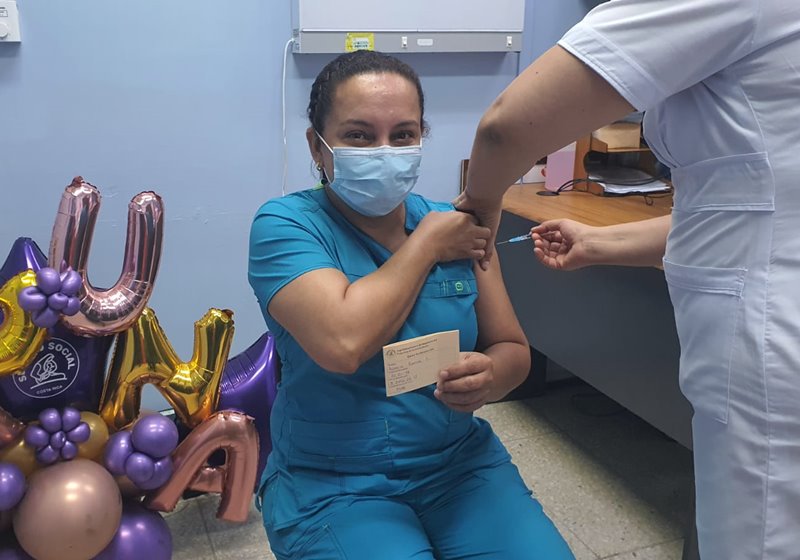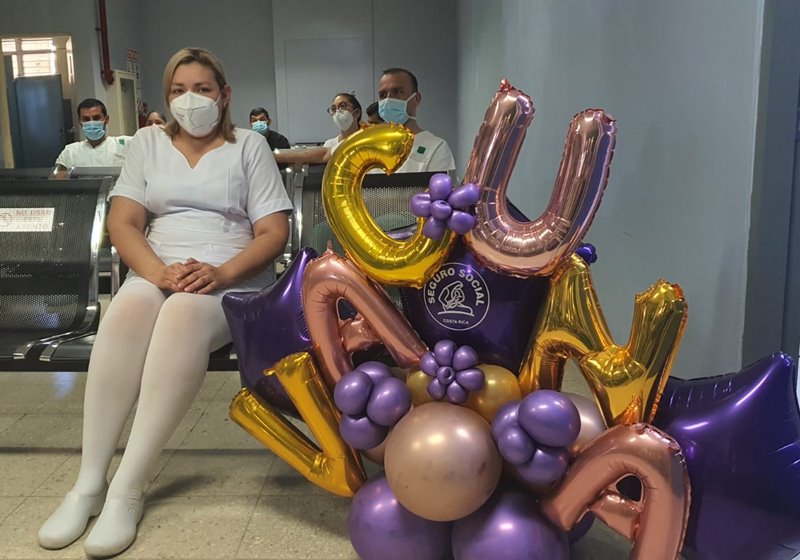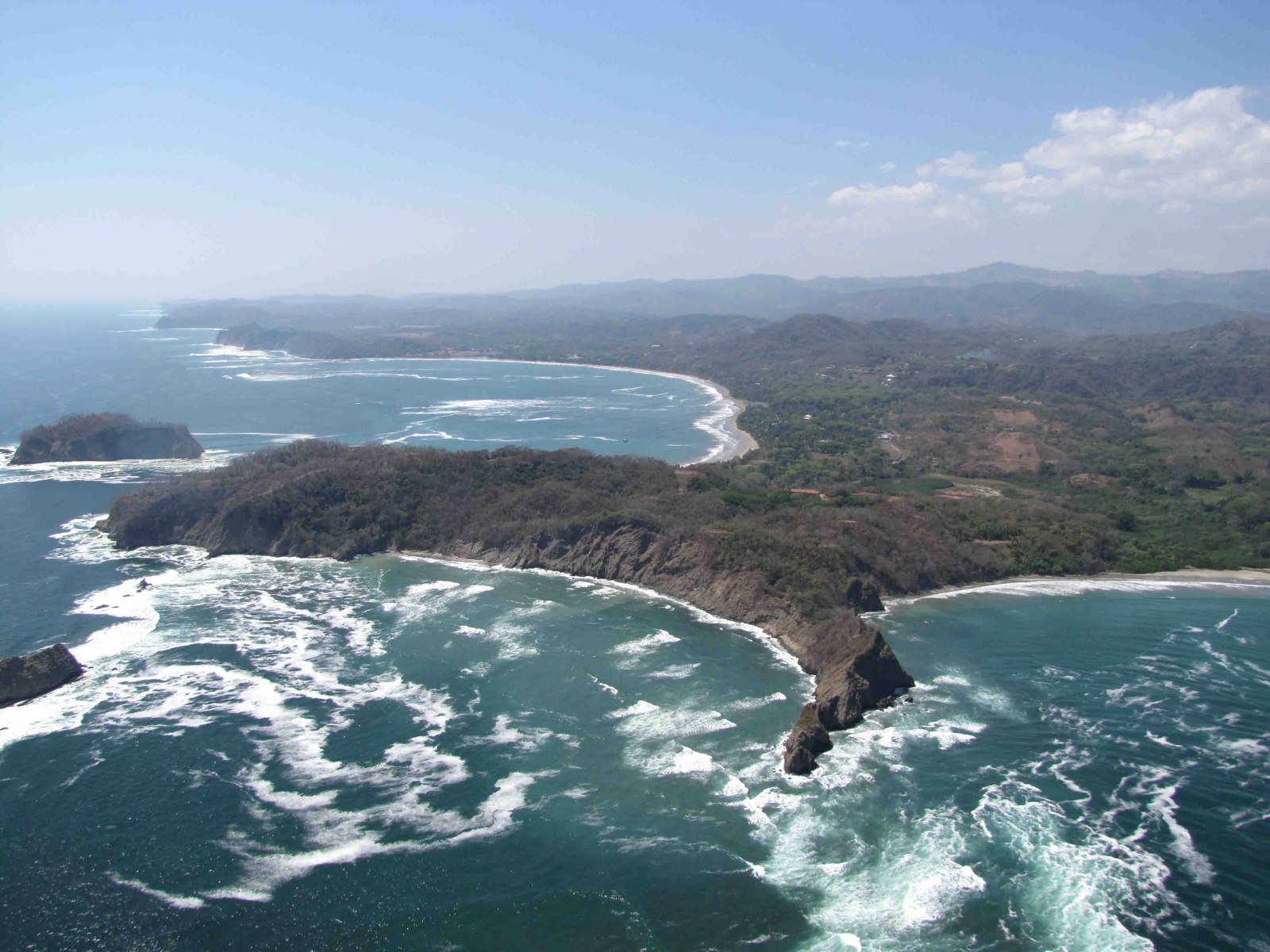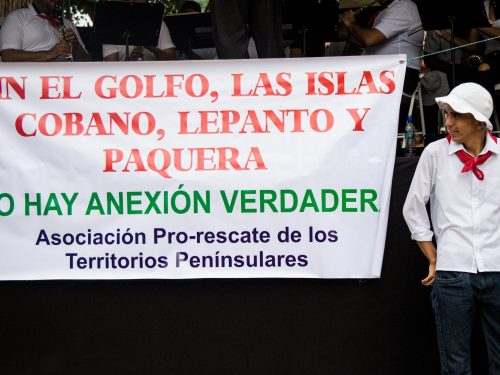
The COVID-19 vaccination campaign began in Nicoya on Monday, January 11 at about 1 p.m. inside La Anexion Hospital. Ten months after the beginning of the health crisis that completely changed the way we looked at the world, the Costa Rican Social Security Fund (CCSS) immunized the first 15 people in the canton, all part of the hospital’s intensive care unit and the COVID unit. Each of them has seen the deadly consequences of the virus from the front line.
Thus, the institution initiated a historic campaign in Guanacaste, focused on reducing the spread of the virus by vaccinating everyone with the highest risk of catching it or infecting others. In this first group, the priority is health personnel, the elderly living in long-term nursing homes and personnel working in these centers.
Since the beginning of the pandemic, the Ministry of Health has reported 1,683 positive cases of COVID-19 in the canton of Nicoya. Of those, 27 people have died. That is why in the short term, the vaccine gives greater peace of mind to all health personnel who spend time with the people behind these figures on a daily basis, according to assistant physician Oscar Mendez.
At the end of the day when they go back home, these professionals are still normal people. Between caring for their patients’ needs and trying to follow all of the necessary safety protocols, they dedicate more than 14 hours of their day to COVID-19, and even though disinfection is a daily routine for them, they still live in fear of infecting their loved ones.
Mendez was one of the first 15 vaccinated since he works in the emergency area involved in the pandemic. Right now, he’s filling in for the hospital’s medical director because he is on vacation.

The Chorotega region received 1,600 vaccines against covid-19. Of these, 650 doses are for hospitals in the region and 950 for Health Areas. La Anexión Hospital received 200 doses.Photo: Oficina de prensa de la Caja del Seguro Social (CCSS)
He has a dark complexion and his hair is streaked with gray, showing his years of experience in the field. His face has semi-permanent marks from his N95 surgical mask, the same type that health professionals have used during these months, and he has deep bags under his eyes. The soaring number of COVID-19 cases that we hear about at press conferences means endless work hours to save the lives of others.
It’s a tense situation every day inside the hospital,” he said.
The hospitals in Guanacaste experience unique challenges such as distance and travel time to the capital. These challenges are evident in the transportation of the vaccines, since the CCSS must ensure that they maintain the correct temperature during the entire travel time. If not, the dose won’t take effect. Even so, the doctor feels that these technical inconveniences are minimal compared to the benefits that the province will experience.
La Anexion Hospital’s plan is divided into six vaccine phases.
The priority is to immunize everyone working directly in the COVID unit. Afterward, they will begin to vaccinate support personnel in hospitalization, ICU and the men’s ward. In the third group, they’ll prioritize the women’s ward, the mixed operations team, maternity, physiotherapy and palliative care. Following that, outpatient groups will be vaccinated, including laboratories, pharmacy, outpatient ICU and electrocardiogram technicians. Finally, they will immunize those who work in general services, laundry, nutrition, medical equipment and supplies staff, medical management, administration and transportation.
At this time, the CCSS doesn’t have a supply of vaccines guaranteed for the health secretaries, maintenance, human resources and statistics. These will stay on the waiting list.
All staff are affected both physically and emotionally by the increase in patients, a routine that he said won’t change after the vaccine. In any case, the COVID-19 crisis only taught them that they can save lives and improve the quality of others, in greater quantity.
[The routine] won’t change at all. Furthermore, if anything, we’re looking at the possibility that the hospital at some point will become a dual hospital, that our beds can be used by patients who need a hospital space that isn’t available in other units and that we can now take care of them,” he stated.
Mendez affirmed that the cleaning protocols won’t change at the hospital either, since the pandemic hasn’t ended.
“Containment measures, distancing, hand washing and use of masks are very important factors, in addition to getting the vaccine,” he reiterated.
Although none of the health personnel expected to experience a global health crisis, COVID-19 has reinforced for them that they chose the right career, a profession that in the end, demands sacrifices that they make without hesitation. The vaccine is a reminder, an incentive, that all these months of battle were worth it, that the marks on their faces from masks and that the distance they have to keep from their loved ones means and will continue to mean something.
Photojournalist Cesar Arroyo contributed to this article.







Comments